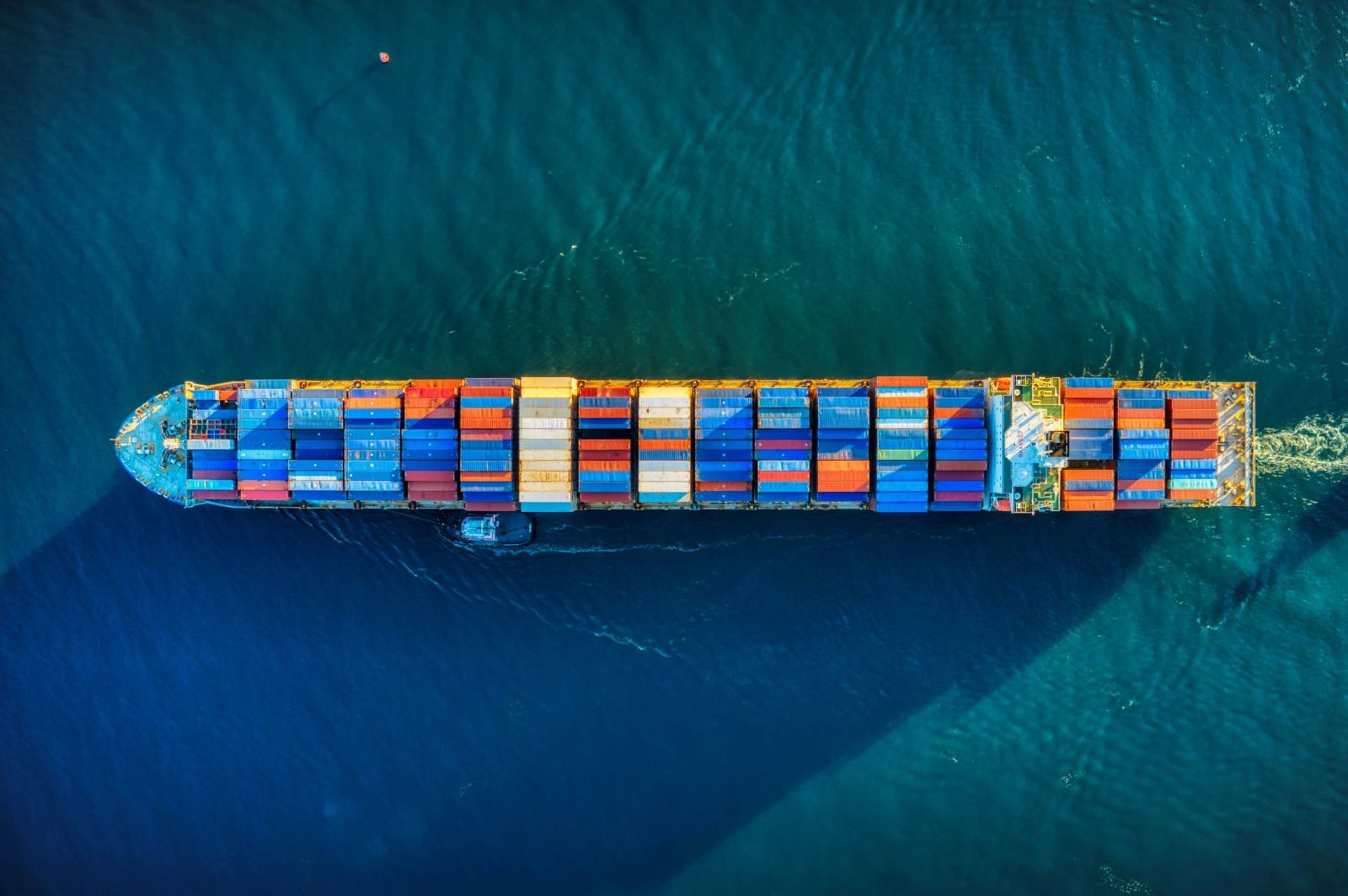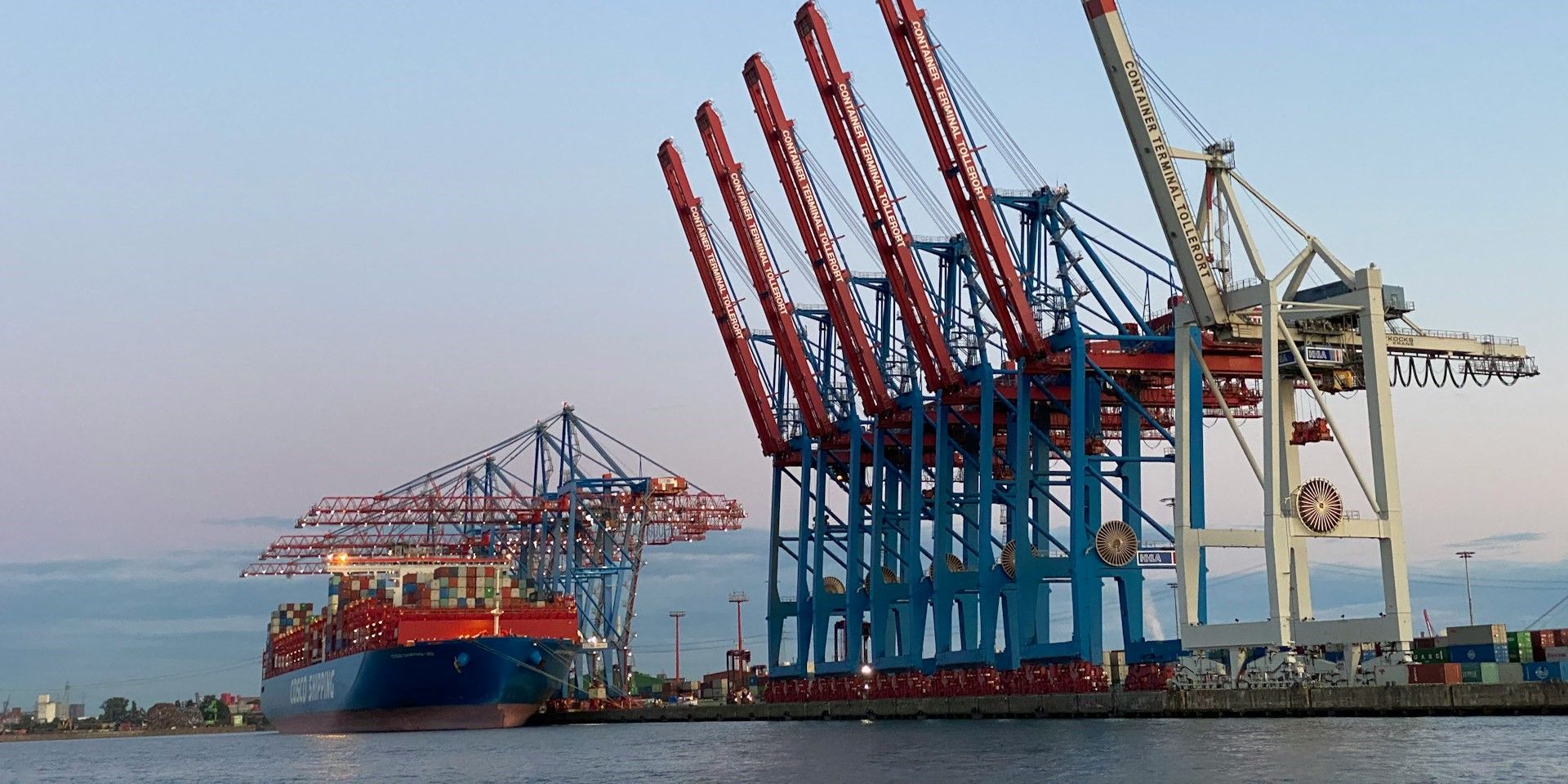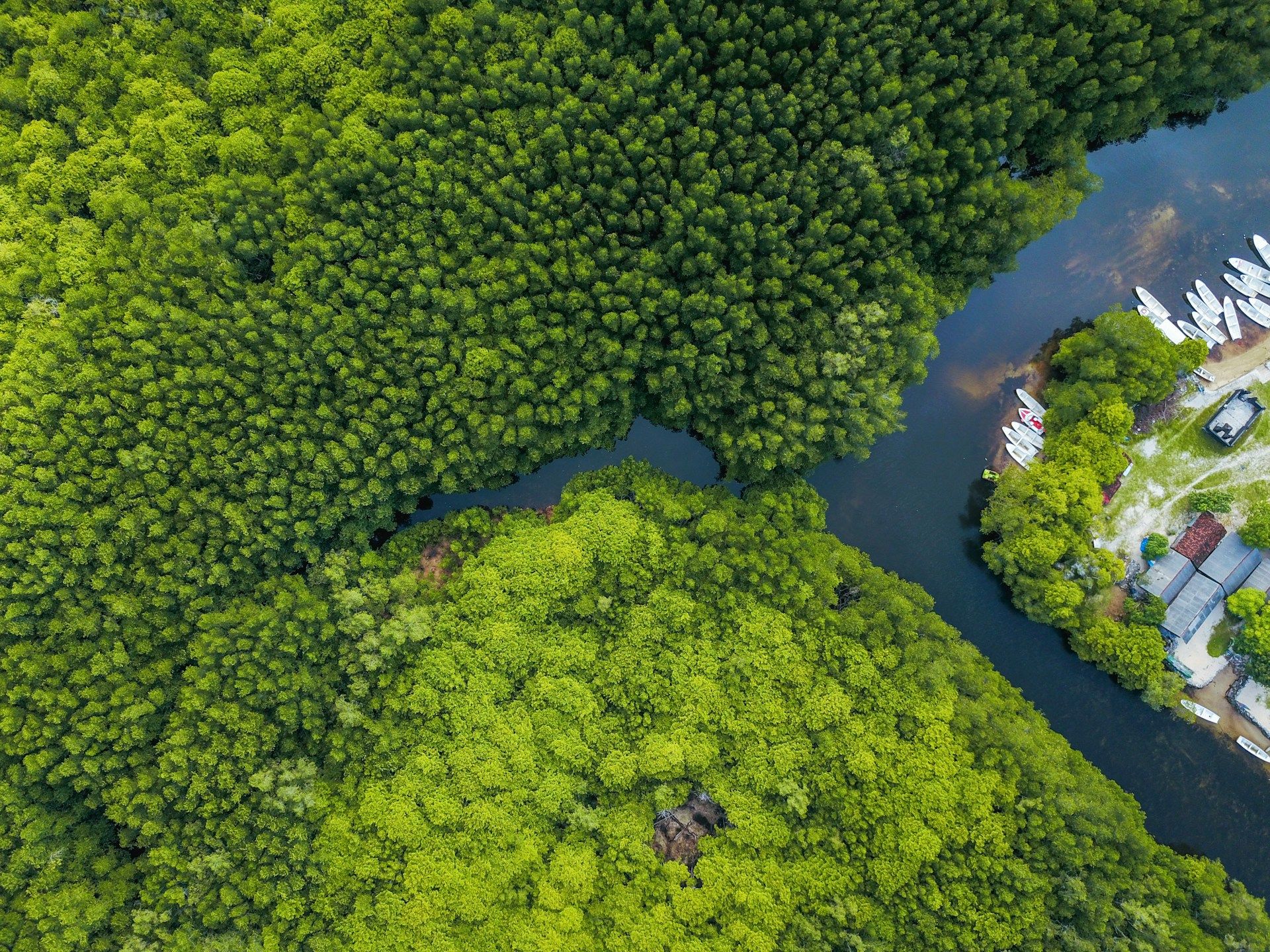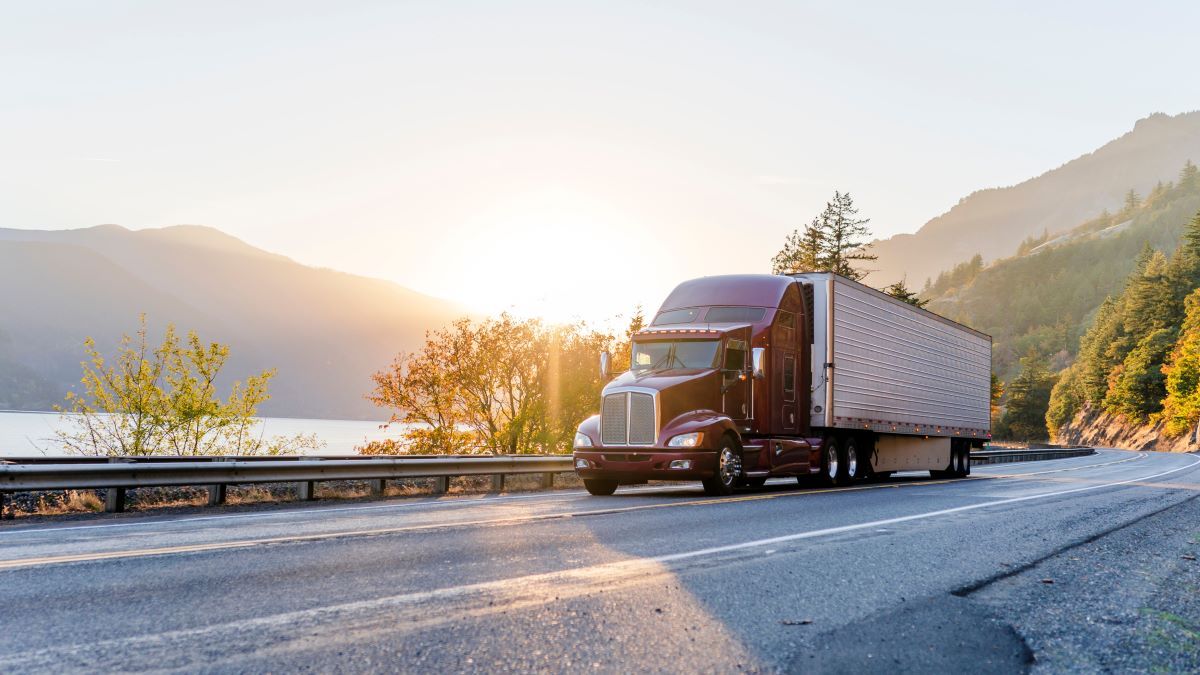Author: Sara Manuela Graciano Correa
Santa Barbara de Iscuandé relies only on aquatic mobility for all transportation activities and the economy is based almost entirely on fishing and mangrove resource recollection. Given these scenarios, electric mobility rises as an alternative capable of enhancing people’s quality of life at the same time it helps sustainably preserve ancestral practices.
First electric school boat will benefit more than 21 students of Bahía Málaga, Colombia
Electro mobility can be an option for remote regions, particularly those with limted or constrained access to energy supply and those where energy costs are excessive. An example for such a setting are the remte settlements along in the mangroves alonge the Pacific Coast of Colombia.
Sustainable businesses: the case of piangüeras in the Pacific
With the implementation of nautical electromobility, women can eliminate fuel costs and go further than they could with rowing.
Los Andes’ support for artisanal fishermen
A professor from the Faculty of Administration is leading a project to support this work in the Pacific region of Nariño.
Piangua fisherwomen in Nariño now have electric boats to get around
In Santa Bárbara, Iscuandé (Nariño), piangua fisherwomen faced difficulties in traveling to and reaching the mangroves.
 Container Port Activity Analytics: Latin America and the Caribbean
Container Port Activity Analytics: Latin America and the Caribbean Maritime sector analysis: Latin America and the Caribbean
Maritime sector analysis: Latin America and the Caribbean Sustainability Performance in Ports
Sustainability Performance in Ports River transport in Colombia
River transport in Colombia GiroZero: RFT in Colombia
GiroZero: RFT in Colombia